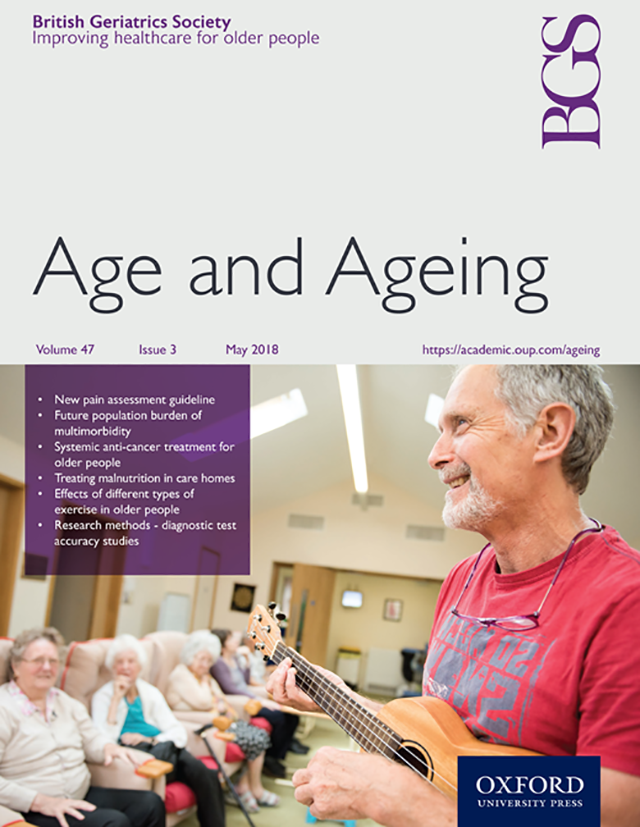Dr Aung Zaw Zaw Phyo is a Research Fellow at the School of Public Health and Preventive Medicine, Monash University, Australia. He is currently a recipient of Monash University’s Early Career Postdoctoral Fellowship. He posts on X: @DrAung_ZZ_Phyo
Imagine a hidden clock that ticks inside your body at its own pace, influencing not just your appearance as you age, but also how old your cells and tissues are. This hidden internal clock, known as biological age, can be different from your actual chronological age – the number of years you've been alive. When biological age is greater than chronological age, we call it ‘biological age acceleration’.
Epigenetic age, also called DNA-methylation-derived biological age
Epigenetic age, one of the most promising biomarkers of ageing, is an estimate of biological age based on DNA methylation (DNAm) levels at specific genes across the genome. DNAm is an epigenetic mechanism that occurs by the addition of a methyl group to CG dinucleotides in DNA because of ageing, lifestyle choices, and environmental factors. It can reflect how old your body is at the molecular level, potentially capturing the risk of age-related diseases and longevity beyond chronological age.
Over recent years, a number of algorithms have been developed to estimate epigenetic age: HorvathAge, HannumAge, PhenoAge, GrimAge, GrimAge2, FitAge and DunedinPACE.
The faster your epigenetic clock ticks, the higher the chance of future decline in your health
Monash researchers found groundbreaking evidence from 11-year longitudinal studies that epigenetic age acceleration affects both physical strength and cognitive sharpness, potentially explaining why some people age faster and are in poorer health than others.
Lead author Dr Aung Zaw Zaw Phyo, Research Fellow from the School of Public Health and Preventive Medicine, said: “In our latest studies involving 560 Australians aged ≥70 years, females, compared to their male counterparts, showed lower epigenetic ageing and better cognitive performance but had higher frailty scores marked by physical weakness. This finding reflects the male-female health paradox, in that females live longer than males but are more likely to experience disease burdens.”
Faster epigenetic ageing, particularly as measured by the latest indices, GrimAge, GrimAge2, FitAge and DunedinPACE, are linked to a higher burden of frailty over time, with females experiencing a greater burden than males.
The impact of a rapidly ticking epigenetic clock extends beyond just physical health and appears to significantly impair cognitive function in later life. Their research also revealed that females with accelerated epigenetic ageing, particularly when measured using GrimAge and GrimAge2, experienced a more pronounced cognitive decline in information recall and memory over time. On the other hand, accelerated epigenetic ageing results in a different challenge for males: a significant slowing in mental processing speed, which is an important component of decision-making and problem-solving. Even more alarmingly, males with faster epigenetic ageing were found to have nearly double the risk of developing dementia in an average of 7 years.
These novel findings, recently published in GeroScience, Age and Ageing, and Alzheimer’s and Dementia: Diagnostic Assessments and Disease Monitoring, provide new insights into the ageing process.
Senior Author Prof. Joanne Ryan, from Monash’s School of Public Health and Preventive Medicine, said, “Findings from our series of studies suggest that epigenetic age acceleration can be considered a useful marker of physical and cognitive deterioration in later life, beyond chronological age. Understanding the link between this hidden biological clock and physical and cognitive functioning opens the door to explore new approaches and interventions for improving health outcomes and managing age-related conditions.”
“The evidence we found for sex-specific associations suggests that males and females perhaps experience the ageing process in fundamentally different ways and underscores the importance of developing sex-specific interventions and healthcare strategies in addressing age-related health disparities,” said Dr Phyo.

